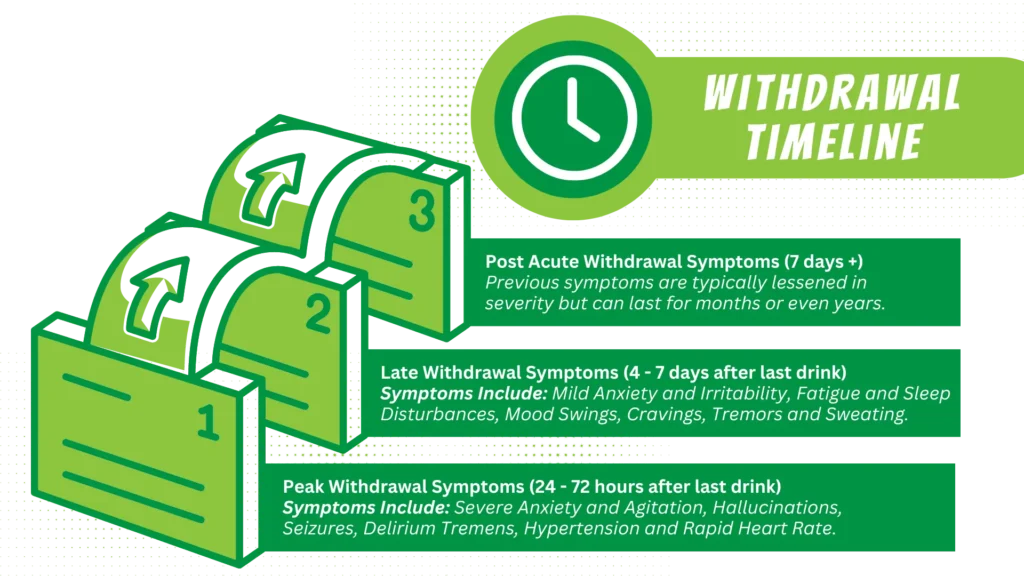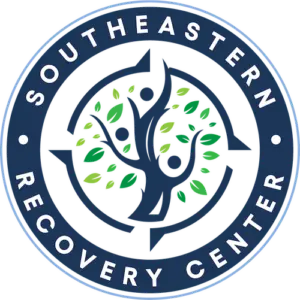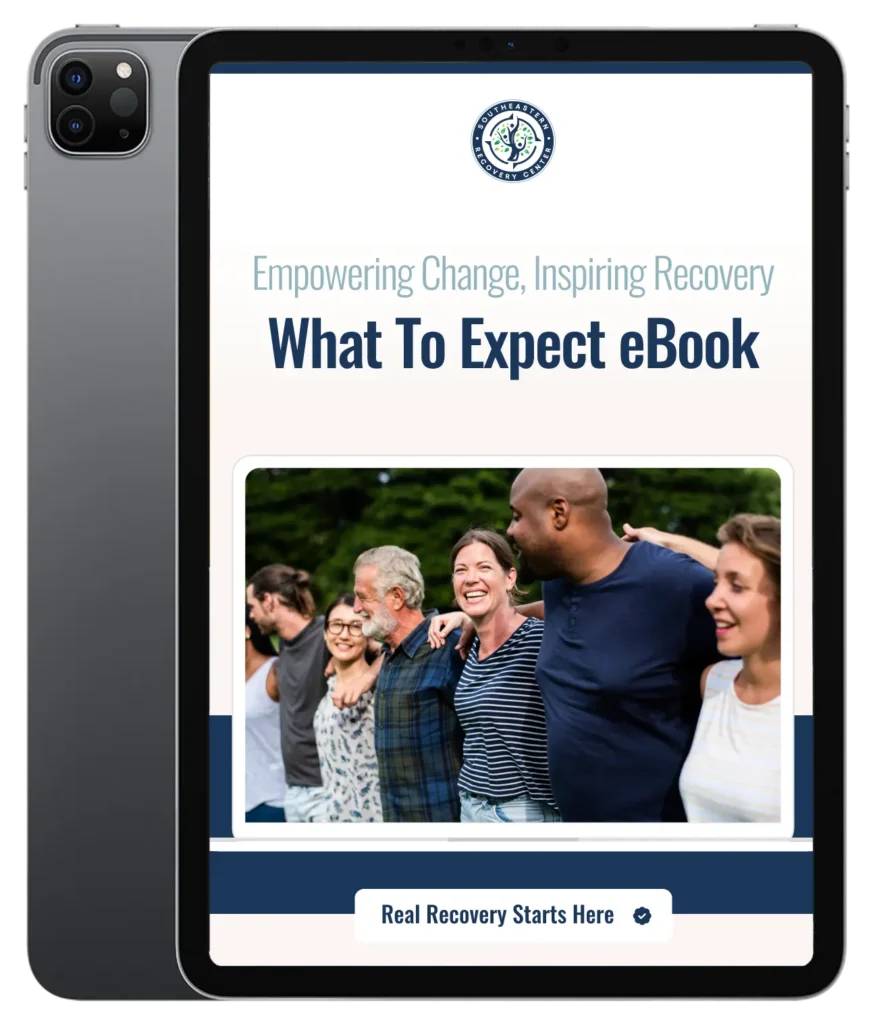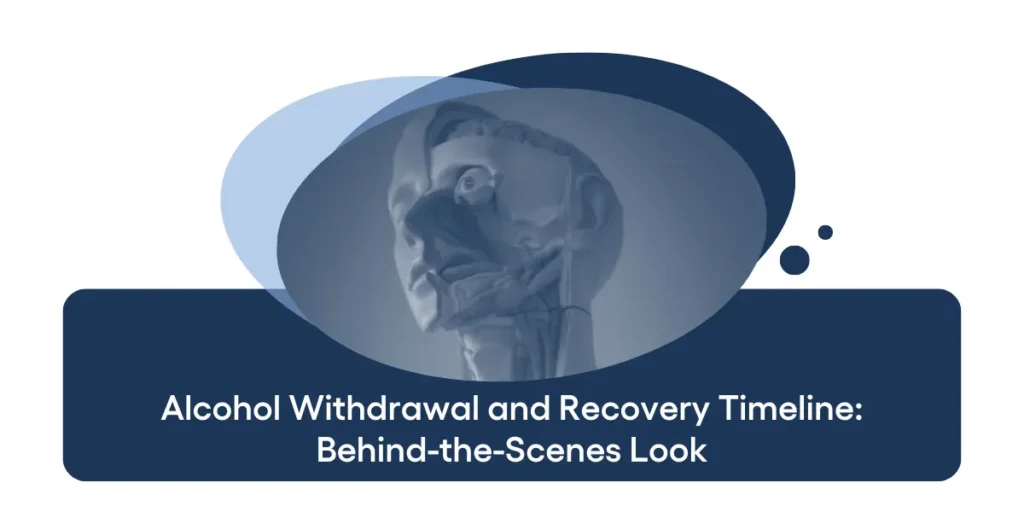It can take up to 30 days for your body to detox from alcohol – with most withdrawal symptoms subsiding after a week or so.
Alcohol detoxification, or detox, is the process by which the body clears itself of alcohol and its toxins. For individuals who have developed a dependence on alcohol, detox is necessary to safely manage withdrawal symptoms that occur when alcohol consumption is suddenly stopped or significantly reduced.
Alcohol detox is a critical first step in recovering from alcohol addiction. However, it can also be a challenging process, both physically and mentally. Understanding the alcohol detox timeline can help prepare individuals for what to expect and ensure they receive the appropriate care during this vital period.
The detox process should always be conducted under the supervision of medical professionals, especially for individuals with severe alcohol dependence. Withdrawal can be life-threatening if not properly managed.

The Alcohol Detox Timeline
The alcohol detox timeline can typically be broken down into four stages: early withdrawal, peak withdrawal, late withdrawal, and Post-Acute Withdrawal Syndrome (PAWS). Each stage comes with its own set of symptoms and challenges.
6-12 Hours: Early Withdrawal Symptoms
The first stage of alcohol detox begins as soon as 6 to 12 hours after the last drink. During this time, the body starts to respond to the absence of alcohol, leading to early withdrawal symptoms. These symptoms can include:
- Anxiety and Restlessness: A common early symptom is a feeling of unease or nervousness.
- Headaches: Often, individuals experience mild to severe headaches as the body begins to adjust.
- Nausea and Vomiting: The digestive system reacts to the absence of alcohol, causing nausea, which may be accompanied by vomiting.
- Sweating: Excessive sweating is a typical response during early withdrawal.
- Tremors: Hands and sometimes the entire body may shake uncontrollably.
- Insomnia: Difficulty falling or staying asleep is common during this phase.
These symptoms, while uncomfortable, are usually not life-threatening. However, they can escalate quickly, so it’s essential to have medical support during this period.
24-72 Hours: Peak Withdrawal Symptoms
The peak of alcohol withdrawal typically occurs between 24 to 72 hours after the last drink. This is the most intense phase, where symptoms can be severe and, in some cases, life-threatening. During this period, the following symptoms may occur:
- Severe Anxiety and Agitation: Anxiety levels may peak, causing extreme restlessness and irritability.
- Hallucinations: Some individuals may experience visual, auditory, or tactile hallucinations, which can be frightening and disorienting.
- Seizures: The risk of seizures is highest during this stage, particularly for those with a history of heavy drinking.
- Delirium Tremens (DTs): A rare but serious condition, DTs can cause severe confusion, rapid heartbeat, fever, and high blood pressure. Delirium tremens requires immediate medical attention.
- Hypertension and Rapid Heart Rate: Blood pressure and heart rate can spike, posing a risk for those with cardiovascular issues.
Given the potential dangers of this stage, it is highly recommended that detox be conducted under the supervision of healthcare professionals.
4-7 Days: Late Withdrawal Symptoms
After the peak symptoms subside, individuals enter the late withdrawal stage. This phase can last from 4 to 7 days and is characterized by the gradual reduction of symptoms. However, some symptoms may persist, including:
- Mild Anxiety and Irritability: While less intense, feelings of anxiety and irritability may linger.
- Fatigue and Sleep Disturbances: Sleep patterns may be disrupted, with some experiencing insomnia or excessive sleepiness.
- Mood Swings: Emotional instability, including bouts of depression, can occur as the brain chemistry starts to rebalance.
- Cravings: Intense cravings for alcohol may persist, making this stage challenging for many.
- Tremors and Sweating: While reduced, these symptoms can continue, especially in those with long-term heavy drinking history.
Beyond the First Week: Post-Acute Withdrawal Syndrome (PAWS)
Even after the initial withdrawal symptoms have subsided, some individuals may continue to experience symptoms for weeks or even months. This condition is known as Post-Acute Withdrawal Syndrome (PAWS). PAWS can last for several months to a year, with symptoms fluctuating in intensity.
Common symptoms of PAWS include:
- Prolonged Anxiety and Depression: Emotional difficulties can persist, often feeling overwhelming.
- Persistent Sleep Disturbances: Insomnia, vivid dreams, or nightmares can continue long after detox.
- Cognitive Impairments: Difficulties with concentration, memory, and decision-making are common.
- Emotional Instability: Mood swings, irritability, and a general feeling of unease may continue.
- Cravings: Strong urges to drink can recur, especially during stressful situations.
- Social Withdrawal: A tendency to isolate from friends and family can be a lingering effect of PAWS.
PAWS can be particularly challenging because it can strike unexpectedly, even after a period of feeling stable.

5 Factors Influencing the Alcohol Detox Timeline
Several factors can influence the timeline and severity of alcohol detox, including:
- Level of Alcohol Dependence: The amount and frequency of alcohol consumption play a significant role in determining the detox timeline. Individuals who have consumed large quantities of alcohol over a long period are likely to experience more severe and prolonged withdrawal symptoms.
- Duration of Alcohol Use: The longer a person has been drinking heavily, the longer the detox process may take. Chronic alcohol use can lead to more profound physiological changes that take time to reverse.
- Overall Health: A person’s physical health, including any co-occurring medical conditions, can impact the detox timeline. Conditions such as liver disease, heart disease, or mental health disorders can complicate detox and prolong recovery.
- Age and Gender: Older individuals may experience a longer detox process due to slower metabolism and recovery rates. Additionally, women may metabolize alcohol differently than men, potentially affecting the detox timeline.
- Previous Detox Attempts: Individuals who have undergone detox before may experience different symptoms or a varying timeline in subsequent detox attempts, often due to a phenomenon known as “kindling,” where withdrawal symptoms become progressively more severe with each detox.
Medical Support During Alcohol Detox
Given how serious alcohol withdrawal can be, having medical support during detox is really important. In a supervised setting, healthcare providers can keep an eye on vital signs, give medications to ease symptoms, and provide emotional support.
Common medications used during alcohol detox include benzodiazepines, which help manage anxiety, prevent seizures, and reduce withdrawal symptoms; anticonvulsants, which are often prescribed to prevent seizures; antipsychotics, which might be used to manage severe agitation or hallucinations; and beta-blockers, which can help control high blood pressure and rapid heart rate. Along with these medications, staying hydrated, eating well, and getting plenty of rest are key parts of the detox process.
Taking care of your physical health is crucial as you work towards recovery.
What Happens After Detox?
Detox is just the first step in recovery. After completing detox, individuals are encouraged to enter a comprehensive treatment program that addresses the underlying causes of addiction and provides the tools needed for long-term sobriety.
Treatment options may include:
- Inpatient or Outpatient Rehab: Depending on the severity of the addiction and personal circumstances, individuals may choose to enter an inpatient or outpatient rehabilitation program. These programs offer a structured environment for recovery and access to counseling, therapy, and support groups.
- Therapy and Counseling: Individual therapy, group therapy, and family counseling can help individuals address the emotional and psychological aspects of addiction.
- Support Groups: Participating in support groups such as Alcoholics Anonymous (AA) can provide ongoing peer support and encouragement during recovery.
- Lifestyle Changes: Adopting healthy habits, such as regular exercise, proper nutrition, and stress management, can help individuals maintain sobriety.

Take the First Step Towards a Healthier Life with Southeastern Recovery Center
Understanding the alcohol detox timeline is an important part of getting on the path to recovery. Detox can be challenging, but it’s a key step in breaking free from alcohol addiction and moving toward lasting sobriety. The process might feel overwhelming at times, but with the right medical support, practical coping strategies, and a strong aftercare plan, you can successfully navigate detox and lay the foundation for a healthier, sober life. Each step you take during detox brings you closer to the life you want, free from alcohol.
If you’re ready to take that first step, Southeastern Recovery Center is here to help you every step of the way. Our team provides the care and support you need to make it through detox and beyond. We understand the challenges you’re facing, and we’re here to offer the guidance and encouragement you need to succeed. Reach out to us today, and let’s work together to start your journey toward a brighter, healthier future.





